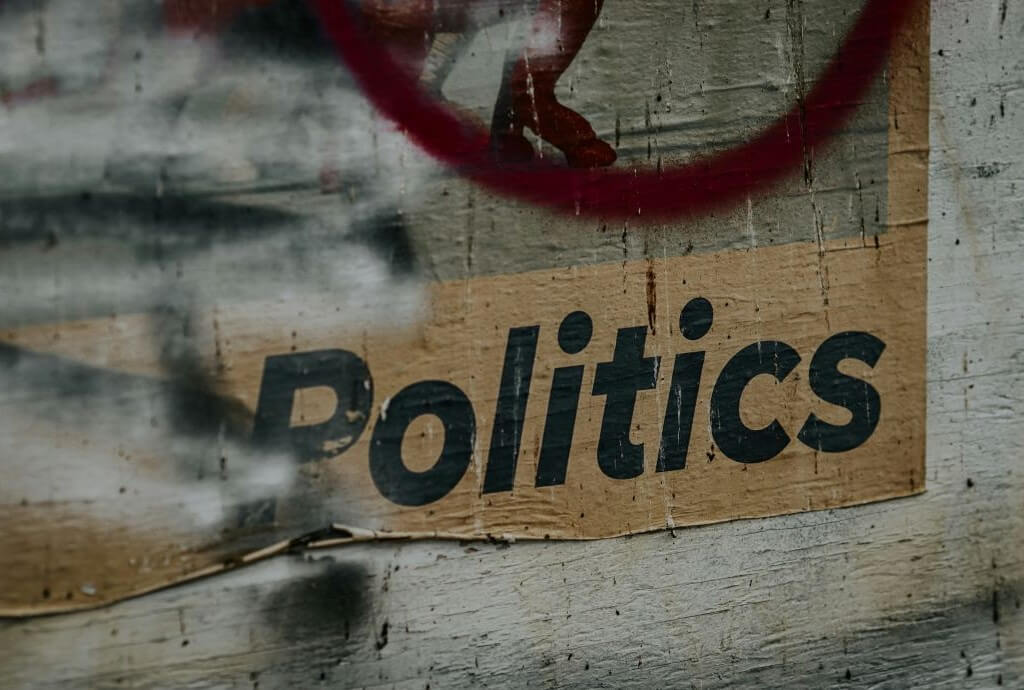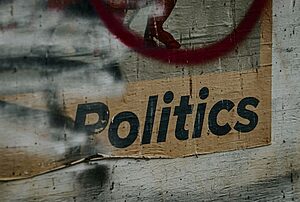In brief
- A New Zealand Herald article alleges racial bias in paediatric medical exams, citing a report by the Royal Australasian College of Physicians (RACP).
- Claims of a 40% pass rate for “non-Caucasian” candidates vs. 93% for “Caucasian” lack demographic data for verification.
- No evidence confirms examiners’ ethnicity or links it to results; “unconscious bias” remains speculative.
- Structural bias claims arise from the RACP’s failure to collect ethnic data, but this doesn’t prove systemic racism.
Unverified disparities and anecdotal claims
A recent article in the New Zealand Herald, titled “Racial bias ‘did likely exist’ in medical exam, concludes review into complaints white candidates were favoured,” reports on serious claims of racial bias in the paediatric clinical examination process. But, have the claims been sufficiently substantiated?
The first thing to note about the report commissioned by the Royal Australasian College of Physicians (RACP), cited by The Herald, is the partisan language peppered throughout. Some may suspect that references to equity, structural racism, cisgender, “Aotearoa New Zealand,” and citing activist research etc. is reflective of the partisan political leanings of its authors.
Furthermore, the evidence alleging racism is both anonymous and anecdotal “gathered by the complainants from some trainees that sat the 2021 Aotearoa New Zealand clinical examination.” It alleges that “non-Caucasian” candidates in Auckland had a 40% chance of passing their clinical exams on the first attempt compared to a 93% success rate for “Caucasian” candidates.
One of the two anonymous complainants interviewed for the report “recalled” that in the 2021, “three out of seven candidates sitting the exam failed in one region, and all three were non-white.”
However, the report itself states: “Unfortunately, neither the complainants nor the College have been able to produce [details of this data] to the Review. The College does not collect any record of the ethnicity of candidates.”
Ironically, the College argues that it does not collect data related to ethnicity because of “concerns to respect indigenous data.” Yet, the report concluded that this policy, ostensibly to prevent bias, in fact, reflects structural bias, as it prevents evaluation of “equity goals or any assessment of bias.”
Some may argue this lack of evidence could raise concerns about the credibility of the report making it irresponsible to draw conclusions on an issue as sensitive as racism.
Examiners’ demographics: speculation over evidence
The report claims that “more than 90%” of examiners were white. Yet, same as with trainee data, it acknowledges that the College does not collect data on examiner ethnicity, making this statistic impossible to verify.
While the report cites that 3% of examiners self-identified as Māori between 2021 and 2023, it admits this figure may underestimate representation, as some examiners of Māori descent may have chosen not to disclose their ethnicity.
The complexity of Māori identity, where individuals with varying degrees of Māori ancestry may identify as Māori, further complicates assumptions about examiner representation. This makes the assertion of a homogeneously “Caucasian” panel problematic and risks oversimplifying the issue.
No data on any other ethnicity is mentioned.
“Unconscious bias”: an unsubstantiated accusation
The report clearly states that no evidence of explicit or deliberate racism was found, and no detailed analysis was provided to link examiner decisions to candidates’ ethnic backgrounds.
The report’s conclusions of “unconscious bias,” as an explanation for the alleged disparities, is inherently speculative and difficult to measure.
To help draw its conclusions, the report relies on other equally weak reports such as “Racism against Māori medical students and professionals widespread,” published in JAMA Network Open. This research appears to similarly label systemic issues as discriminatory without substantiating claims.
Image: YouTube



















